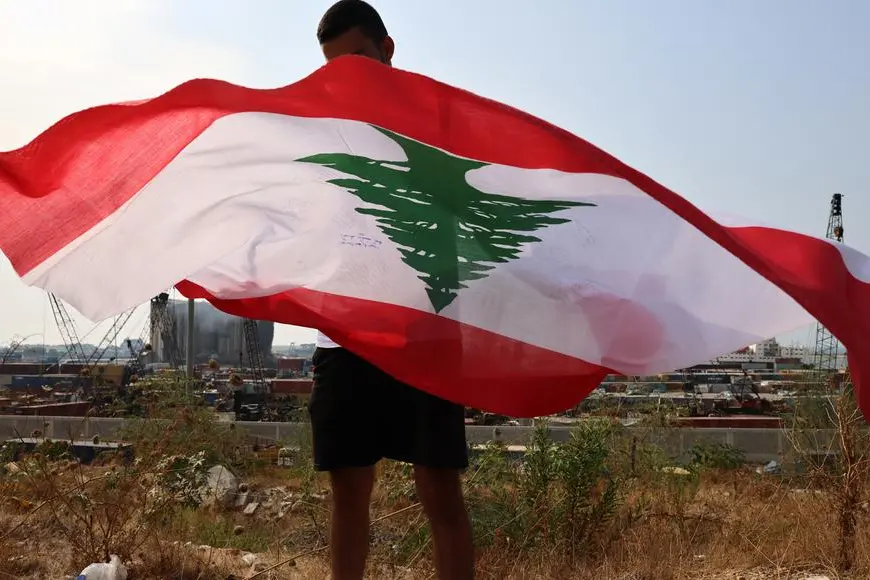PHOTO
Football fans looking for a respite from Lebanon's crushing economic crisis have found a challenge in simply watching the World Cup after the bankrupt state failed to pay for broadcasting rights.
"No football this year," said Jean Bassil angrily, flicking through channels on his old-fashioned television screen.
"They have deprived me of the only fun thing amid all this bad news," the 58-year-old told AFP at his small phone accessories shop in Jounieh, north of the capital Beirut.
Lebanon has been gripped by an economic crisis that the World Bank dubbed one of the worst in modern history.
Since late 2019, the local currency has lost more than 95 percent of its market value, and poverty rates have climbed to cover most of the population.
Right until the start of the World Cup on November 20, Lebanese had hoped the matches would be broadcast free on public network Tele Liban, as was the case during the 2018 tournament.
But the caretaker cabinet has never approved the $5 million expense.
This has left many football fans with little choice but to watch the tournament in cafes, or via bootleg streaming services on their phones -- though many complain Lebanon's sluggish internet has made this difficult.
- 'All we can afford' -
"After these three years, we Lebanese feel we need this fun," said Samer Idriss, an 18-year-old student, at a cafe-restaurant in Dekwaneh, east of Beirut.
The flags of teams such as Brazil, Argentina and Germany dot the streets of towns and cities across Lebanon.
But amid the country's overall gloomy outlook, even the usual football fever seems somewhat toned down.
"We try to have fun... as much as our economic situation allows," said Idriss, wearing a Brazil jersey and brandishing the South American country's flag.
Lebanon's economic meltdown came in tandem with the coronavirus pandemic and a devastating explosion at the Beirut port in 2020 that killed more than 200 people and ravaged swathes of the capital.
The struggling state is now unable to deliver more than an hour or two of mains electricity a day, and the cost of a full tank of petrol now far exceeds the minimum monthly wage.
Idriss said he paid 250,000 Lebanese pounds (around six dollars) to watch a recent World Cup game, but some venues may ask for up to double that amount.
Others crowd pavements around informal streetside cafes whose generator-powered televisions light up roads plunged into darkness.
"We're watching at a cafe... It's all we can afford," said Zein Nasreddine, who works for a security company, at a venue in Beirut's southern suburbs.
For Tuesday night's highly anticipated Iran-United States game, a crowd watched at an outdoor cafe in that area -- a stronghold of Lebanon's powerful Iran-backed movement Hezbollah -- some smoking shisha or waving Iranian flags.
Those who prefer to stay home and can afford it have instead started splitting the cost of cable television subscriptions, but even that is a luxury for many.
Sharbel Ghoussoub, 35, said he and his sister had shared the $90 for a subscription.
"They have even managed to deprive the Lebanese of the simple pleasure of watching the World Cup for free," he complained.



















